Investing in real estate is a significant venture, and understanding the intricacies of financing is paramount for success. Aspiring investors are presented with a myriad of options when it comes to investment property loans and mortgages, each carrying its own set of advantages and considerations.
Traditional Mortgages
Traditional mortgages are often the go-to choice, offering lower interest rates and extended repayment terms. This stability, however, comes at the cost of stringent approval requirements, including higher credit score expectations and limitations on the number of financed properties. Despite these challenges, traditional mortgages remain an attractive option for those seeking a more conventional and secure approach to financing.
Interest-Only Loans
Another avenue for investors is interest-only loans, which provide lower initial payments, offering flexibility for short-term investment strategies. This option allows investors to allocate capital strategically during the initial stages of property ownership. However, caution is advised as interest-only loans may involve balloon payments and the potential for increased future payments after the interest-only period, impacting the overall financial landscape.
Private Lenders
Private lenders and hard money loans present alternative financing methods that are gaining popularity due to their faster approval processes and flexible terms. These options cater to investors looking for quick access to capital and increased flexibility in approval criteria. Nonetheless, these kinds of property loans come with the trade-off of higher interest rates and shorter repayment terms, demanding a swift turnaround for property improvement and resale.
High Interest Rates
Amidst the current financial landscape, one factor that looms large in the decision-making process is the prevailing higher interest rates. However, there is optimism for the future, with hopes that these rates may see a decrease in the near term. Economic indicators and market trends suggest a potential shift, raising expectations for more favorable financing conditions. This anticipation opens up possibilities for investors to secure loans with lower interest rates, potentially improving the overall return on investment.
In navigating the terrain of investment property financing, investors must weigh the pros and cons of each option against their individual goals and risk tolerance. Whether opting for traditional mortgages, interest-only loans, or alternative financing methods, a thorough understanding of the financial landscape empowers investors to make informed decisions, shaping a financially sound and successful investment future.
If you’d like a few ideas about how to strategize any tax benefits that come with owning investment property, we have a blog post on tax strategies and benefits.



